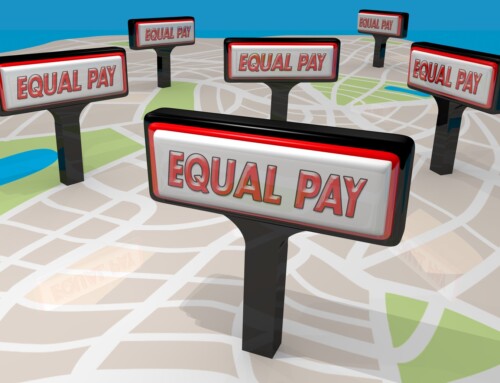 ◆What is “the right to disconnect”?
◆What is “the right to disconnect”?
“The right to disconnect” is the right for workers to be able to refuse to respond to work emails and so on outside of working hours and on their days off. In New York, the proposal to “ban forcing workers to reply emails and so on outside of working hours” is being deliberated (Nihon Keizai Shimbun, October 29th, evening issue).
◆Examples of leading countries and companies
France led the legalization of the right to disconnect. In 2017, they made it compulsory for labor and management of corporations with at least 50 employees to discuss the handling of emails outside hours. Also, in Italy, under the laws that protect so-called smart workers (workers that do not work at a specific time or place) established in 2017, it is compulsory to clearly include the right to disconnect in the employment contract.
Also, Johnson & Johnson (no emailing after 10 p.m.) and Daimler (refusal to receive and automatic deletion of internal emails during extended leave) are known examples of corporations’ unique policies. Even for Japanese companies, Mitsubishi Fuso Truck and Bus (a subsidiary of Daimler) employs similar measures.
◆Preventing labor and management problems with “the right to disconnect”
Currently, in Japan, “the right to disconnect” is not defined by the law.
Even so, if the user requests to “connect” based on clear company rules or instructions or tacitly consents to constantly being in the state of “being connected” to an excess extent, they might be considered to be working hours. There is a risk of being demanded extra pay for working out of hours later on, so being aware of “the right to disconnect” to a certain extent is effective from the perspective of preventing labor and management problems
◆More than 40% of workers are “connected” even outside of working hours
In actuality, it is not rare for workers to “connect” through emails, phone calls, and LINE outside of working hours or during their days off. According to a survey, 43.9% of workers answered “frequently” and “sometimes” to “having work-related contact such as phone calls and emails outside of working hours” (The Japan Institute for Labour Policy and Training, “Survey on time in regards to working hours systems such as discretionary work”).
The modern era can be said to be an era in which there are more chances to “connect” than the past, due to the permeation of various ways of working such as telecommuting, as well as the spread of ICT technology. There are situations in which “connecting” gives birth to good results, but companies should explore “ways to connect” while taking into account their own actual circumstances.




